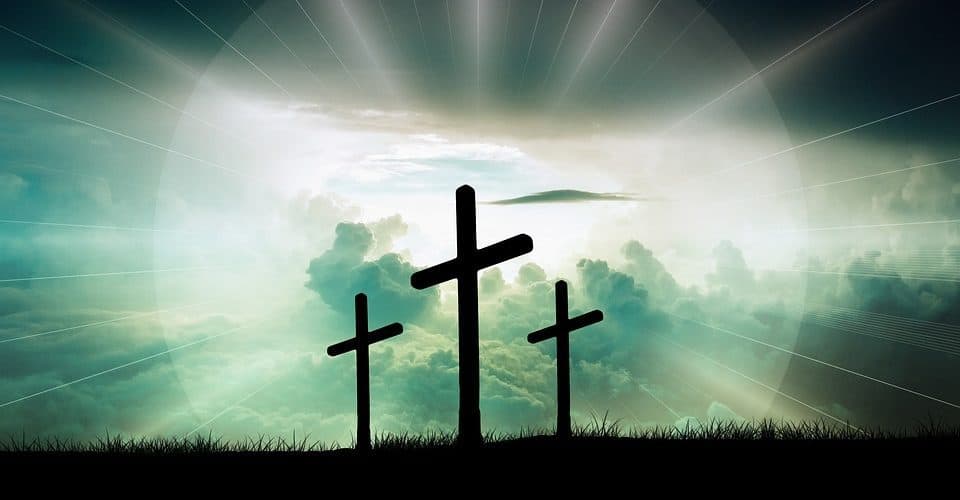Important Matters: Eschatology

Eschatology is a subject that greatly fascinates me, and rightfully so. Though the informed, mature Christian or theologian readily recognizes the significance, for the more “average” Christian, many would argue that they just want to focus on Jesus Christ. We should absolutely agree with this perspective, but it is our duty to emphasize that to know Jesus, we must also learn the eschatological implications as they are inherently interrelated. To know Jesus Christ is to recognize the coming fulfillment of the Day of the Lord—the finale of the eschatological events.
Both the gospels and the Pauline works contain such material regarding the “last things,” so this alone points to the importance prior to any deep study. Because of the importance, we should study the matters as hand, so logically, we divide the eschatological expectations into several categories that correspond to specific events that create relational data that is comprehensible.
- The inauguration of a new era marked by the coming of Christ.[1]
- The affirmation of the inauguration marked by the resurrection of Christ.[2]
- The Parousia (second coming of Christ).[3]
- The coming of the Holy Spirit.[4]
All but one of the events has occurred, the Parousia, which leaves the eschatological material in a tension between the “now” and “not yet” as demonstrated in the Pauline works.[5] Unfortunately, many Christians focus more attention to the Parousia. While the second coming of Christ is certainly a glorious event that we should all welcome and look forward to, the Kingdom of God is indeed here already. While it is not fully consummated, we have at present a peace in the future hope of resurrection to eternal life at the final judgment. At this point, evil will be defeated, leaving all of the faithful creation to worship the Lord in an everlasting joy that is incomparable to any temporary happiness that may be found in this lifetime.
While this is indeed so amazing, it would appear as if an
argument is being made for a focus toward the Parousia, we must examine the “now”
to consider what is available until then. The faithful still have a joy that
exceeds the temporary happiness of the materialistic world in the salvation
found in Jesus Christ. His sacrifice for wretched sinners such as us, even when
we did not believe, is so awe-inspiring, a radical regeneration of the soul occurs
to raise the sinner from spiritual death to spiritual life. As enabled by the
Holy Spirit, the believer is continually conformed to the image of Christ that
each day, others see less of ourselves and more of Christ radiating from us. It
is through the present Kingdom of God that present peace is found for future
hope is assured through the seal marked upon us through the indwelling of the
Holy Spirit upon the believer. While the Parousia is “not yet,” it is assured
that it will come, transforming our depraved lives in a world of suffering into
a joyous one independent of current circumstances. We must preach today that
the Kingdom is here and let the unbelieving world know it, so that they may
believe as well.
[1]. Alister E McGrath. Christian Theology (Wiley. Kindle Edition) 445.
[2]. Ibid., 446.
[3]. Ibid., 446.
[4]. Ibid., 446.
[5]. Ibid., 445.
- The Folly of the Cross - June 23, 2024
- Suffering, The Christian Response - February 18, 2024
- The Fullness of Time - December 31, 2023
